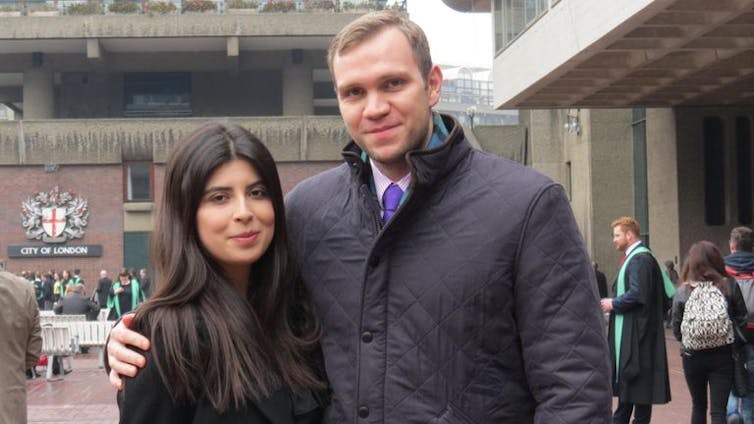More Must be Done to Preserve the Freedom to Research

Last year I was imprisoned for nearly seven months in the United Arab Emirates (UAE). I was held predominantly in solitary confinement, endured heavy interrogations, with my human rights violated on a daily basis.
During my imprisonment I was force fed drugs, battled depression and thoughts of self-harm. Later, having endured nearly half a year of isolation and mistreatment, I wrestled with thoughts of suicide.
Eventually, in a trial lacking all due process and disregard for international legal standards, I was handed a life sentence. My crime? Undertaking academic research for my doctoral thesis.
My research examines the evolving national security strategy of the UAE, and my knowledge has evolved from years of professional work and research in the UAE and the wider Middle East and North Africa.
I had no reservations about conducting research in the UAE. And I underwent a rigorous ethical and fieldwork assessment and was sure to follow established protocols before and during my trip.

I complied with the university’s requirement to remove all Emirati research subjects as it was assessed that these nationals would not be safe nor trusted when engaging in security-related academic research. And I was happy to go along with the university and the third-party risk firm employed to assess any other risks for researchers travelling overseas. But unfortunately, as my experience proved, this was simply not enough to protect me or my integrity as an academic.
A vulnerable position
It became clear there was a lack of understanding by the Emirati authorities about what a legitimate academic is, and about how research is carried out. Standard actions needed to complete field research – such as interviewing sources, researching books, articles and maps along with taking notes – were very quickly taken out of context and distorted by the UAE security authorities. I routinely battled to explain how information cited in my thesis was referenced from publicly available academic books and not from “secret intelligence sources” as the interrogators would often claim.
Following my release, I have had the opportunity to reflect upon my experience. I have also been lucky to travel to academic institutions in the UK and US to discuss the ramifications of my experience upon academic research.
When discussing how academic fieldwork actually works, my main observation has been that beyond the academic community, there is a very limited understanding of what academic research actually consists of. As such, there is little understanding of the risks it entails.
This leaves academics engaging in fieldwork research in a particularly vulnerable position. It can even lead to a situation, like in my case, where their integrity and legitimacy as an academic is under question.
Indeed, I believe that this lack of information on academic practice exacerbated my situation. Trying to speak reason to the authorities holding me captive, and to those with the power to intervene diplomatically and politically on my behalf, went nowhere. And baseless accusations cast a shadow of doubt upon the legitimacy of my work.
Safety and security
For researchers and academics at all levels, the problem of misinformation has consequences extending to the very institutions to which they are affiliated. My experience demonstrates how bureaucracy-led universities are not equipping their students and staff with the appropriate skills and competencies needed to undertake their job in today’s world. Ultimately, effective instructions for fieldwork safety and security are lacking. Furthermore, as the technical capabilities of many states improve, there is an increased risk of deployed researchers falling victim to surveillance and unjust prosecution.
Another issue widely under-reported is that while researchers may be somewhat supported by their university, their human subjects are not. This leaves many academics, including myself, questioning whether it’s even possible or ethical to engage in fieldwork in the current age.
Having heard testimony from academics with diverse research backgrounds, it is abundantly clear that my experience was not isolated. Hundreds of scholars around the world are targeted and prosecuted for their research. Yet, while their cases are of great concern within the academic community, they continue to rest dormant in the public eye, the political arena and higher education boards.
If academics and universities are to continue to contribute to the generation of knowledge, then research practice and its risks must be acknowledged and respected. The freedom to research is paramount for knowledge creation. And if it is not protected, we risk being accomplices to those who wish to silence us.































































































